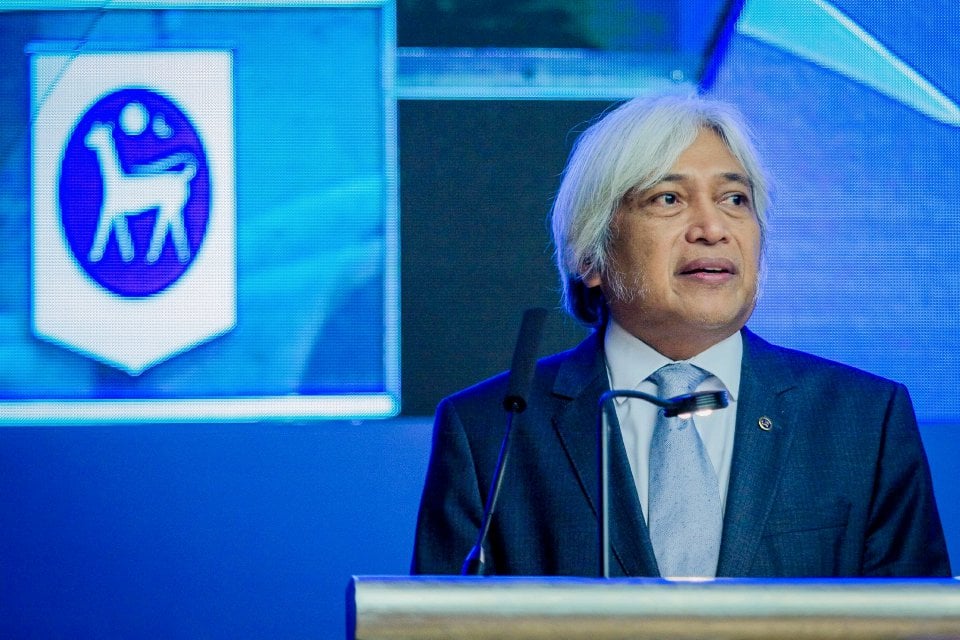THE REAL value of Malaysian wages has declined by nearly threefold over the past 40 years, according to former Bank Negara Malaysia Governor, Tan Sri Muhammad Ibrahim.
He pointed out that, based on a straightforward calculation, starting salaries for university graduates today typically range from RM2,000 to RM3,000 a month.
This is despite the fact that he earned RM1,300 per month when he began his career in 1984.
Taking into account an estimated annual inflation rate of five percent, he believes today’s graduate salaries should realistically be between RM7,000 and RM8,000.
“That would correspond to purchasing power of about RM300 to RM400 in the 1980s. In reality, our salaries have dropped by at least threefold,” he was reportedly said by Sinar Harian.
“If our education system and economic structure are not overhauled, our children may be forced to work as low-skilled labourers,” he warned.
Muhammad explained that Malaysia has long been caught in the so-called middle-income trap.
He stressed that low wages are not an isolated issue, but rather the result of several interlinked problems, including over-reliance on foreign workers, a lack of high-paying and quality job opportunities, and shortcomings in the national education system.
Most foreign labourers in Malaysia work in what are known as the 3D sectors—dirty, dangerous, and difficult—such as agriculture, fisheries, factories, construction, food services, and domestic help.
As of 31 December 2024, Malaysia’s workforce stood at 16.78 mil, with foreign workers making up 14 percent, or around 2.37 mil people.
“Most foreign workers hired over the past decades are low-skilled and inexperienced, making their hiring costs cheaper. This creates direct competition for the low-income (B40) group as their wages do not rise,” he said.
Muhammad noted that Malaysia has yet to generate enough high-paying jobs for its citizens due to an inefficient and small-scale economy, which continues to limit the creation of quality employment opportunities for graduates.
He added that Malaysia’s education and skills training systems are likely outdated and no longer aligned with the needs of the modern job market, resulting in declining productivity and competitiveness.
“All these issues reflect a government that is still hesitant and overly cautious about implementing comprehensive reforms,” he said.
“Therefore, I believe Malaysia should stop relying on Gross Domestic Product (GDP) figures and instead focus on job structures to advance the economy,” he added.
He also highlighted that most new jobs being created in the country are low-skilled and do not require prior experience.
This has made Malaysia a magnet for foreign workers from Nepal, Bangladesh, and Indonesia, where the wages are significantly lower.
Muhammad further drew attention to the growing brain drain—especially in the nursing profession. Many Malaysian nurses are relocating to Singapore, the Middle East, Australia, and New Zealand in search of better pay.
JobStreet data reveals that nurses in Malaysia earn an average monthly salary of RM2,700 to RM3,400, whereas in Singapore, this figure ranges from RM11,000 to RM13,000, and around RM7,000 in Saudi Arabia.
He also observed that a significant number of Malaysians commute daily to Singapore—not for high-ranking positions, but to take on manual work due to higher wages across the border.
As a result, he cautioned that Malaysia may soon shift from being a “talent exporter” to a “labour exporter” if it continues to fall short in reforming its economic structure and in providing high-income employment.
“If one day our children end up working as domestic helpers in neighbouring countries, I would not be surprised. It is very likely to happen,” he said.
Recently, Economy Minister Rafizi Ramli proposed a revised income classification system, replacing the traditional B40, M40, and T20 categories with a new structure: B20, M50, and T30. This follows the Prime Minister’s announcement of an increase in the minimum wage to RM1,700.
The new categorisation, developed by the Khazanah Research Institute (KRI), is based on household spending capacity and patterns, rather than income levels alone.
However, Muhammad questioned whether this new structure truly reflects the lived realities of Malaysians.
Based on previous classifications, the B40 group might now actually include up to 60 percent of the population.
He also remarked that wage levels have barely moved, especially following the COVID-19 pandemic, leaving many B40 households without savings and living from paycheque to paycheque.
Recalling his early career, Muhammad described the 1960s as a “golden era” in which he was able to buy a car within six months of starting work and afford a house after just three years.
But he questioned whether younger generations today would enjoy the same upward mobility:
“Will today’s youth live better lives than us? I’m not sure,” he said.
He also expressed concern over a lack of urgency among both the government and the public in addressing economic stagnation, citing a general absence of competitive mindset even in the face of growing challenges.
According to him, this lack of reformist drive is the key reason Malaysia remains stuck in the middle-income bracket.
Having personally witnessed Malaysia’s economic resilience, including during the 1997 Asian Financial Crisis, Muhammad remains convinced of the country’s potential to shift into a high-income nation.
“Look back to the 1960s—China, Taiwan, South Korea, and Japan all had lower per capita income than Malaysia, yet their incomes increased five-to-sixfold over the next 40 years.
“Malaysia should not benchmark itself only against ASEAN countries or weak economies. We must look to high-performing economies,” he said.
He concluded by emphasising that GDP is no longer a sufficient measure of economic health, and that the real indicator should be the quality and structure of employment. —May 4, 2025
Main image: Berita Harian









